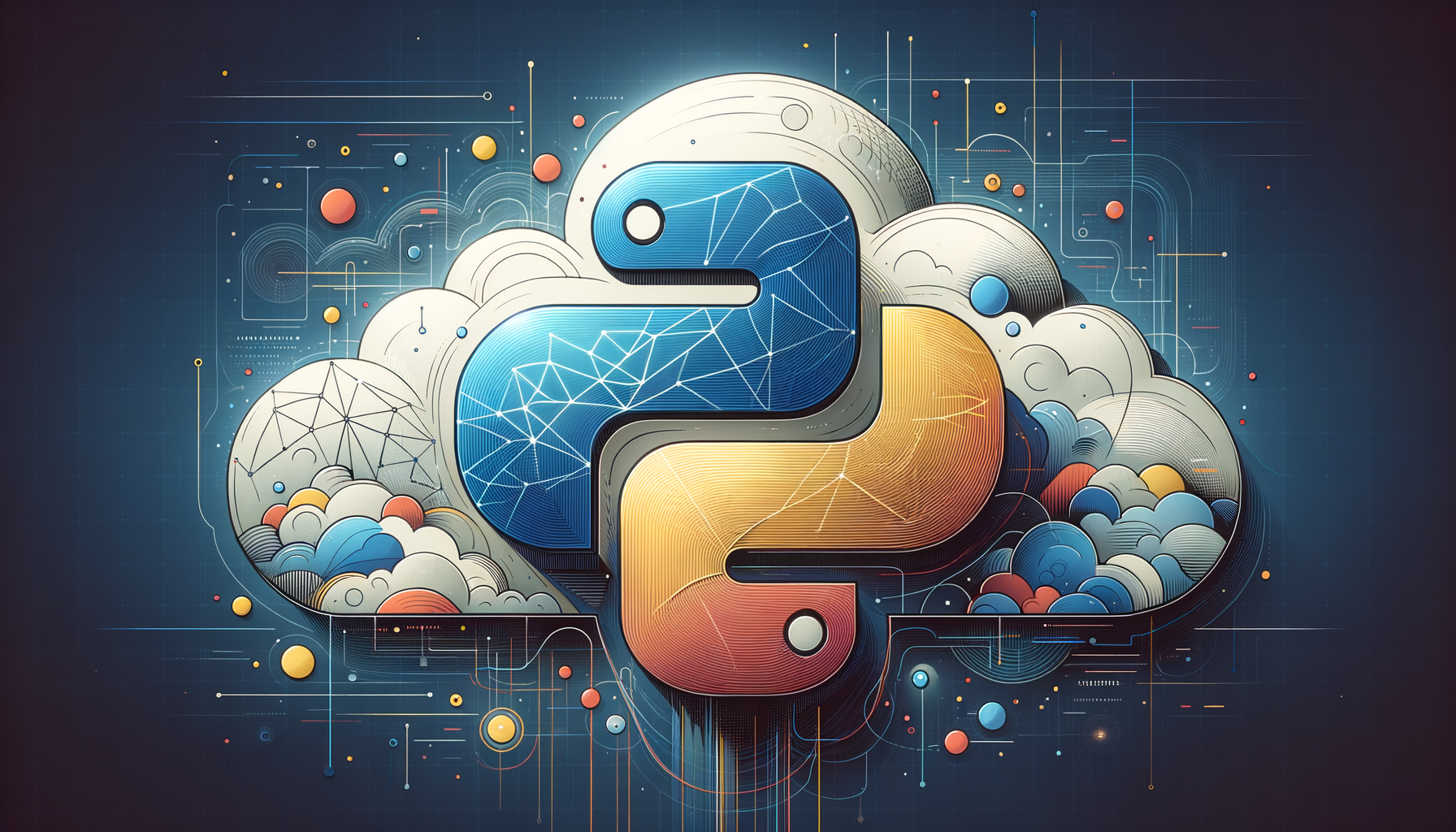Introduction
Python continues to be a dominant language in data science, thanks to its extensive libraries and community support. As we look towards 2025, certain libraries are standing out as must-have tools for data analysts, machine learning experts, and researchers.
Popular Libraries
Python's rich ecosystem boasts numerous libraries that cater to various aspects of data science. Let’s delve into some of these tools reshaping the landscape in 2025.
Data Analysis Libraries
Pandas
Pandas remains essential for data manipulation and analysis. With powerful data structures, it simplifies data operations.
import pandas as pd
data = {'Name': ['Anika', 'Rahul'], 'Age': [28, 22]}
df = pd.DataFrame(data)
print(df)Dask
Dask complements Pandas by enabling parallel computing, making it ideal for handling large datasets.
Visualization Tools
Matplotlib and Seaborn
Matplotlib and Seaborn are staples for creating static, interactive, and animated visualizations that bring data to life.
Plotly
Plotly excels in building interactive plots that are highly customizable, perfect for detailed exploratory analysis.
Machine Learning
Scikit-learn
Scikit-learn remains a top choice for implementing core machine learning algorithms efficiently.
TensorFlow and PyTorch
These libraries continue to lead in deep learning, offering extensive features for building neural networks from scratch or using pre-trained models.
FAQ
What are the must-have libraries for beginners?
Beginners should start with Pandas, Matplotlib, and Scikit-learn for a solid foundation in data manipulation, visualization, and basic machine learning.
How is Dask different from Pandas?
Dask is designed for parallel computing, enabling it to handle projects that are too large for Pandas to process in memory.
Is TensorFlow better than PyTorch?
Both have strengths; TensorFlow is widely used in production whereas PyTorch is favored in research for its flexibility.
Conclusion
Python's robust library ecosystem continues to expand, offering powerful tools for data science in 2025. From fundamental libraries like Pandas and Scikit-learn to specialized tools like Dask and TensorFlow, there’s a solution for virtually every data challenge.

